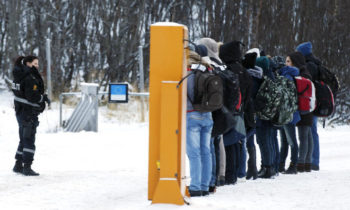 The Norwegian parliament has adopted a number of legislative amendments to ensure a more sustainable asylum policy and strengthen border control. These were approved by the King in Council today. The Ministry is now considering the need for transitional rules and regulations for the period until the amendments come into force.
The Norwegian parliament has adopted a number of legislative amendments to ensure a more sustainable asylum policy and strengthen border control. These were approved by the King in Council today. The Ministry is now considering the need for transitional rules and regulations for the period until the amendments come into force.
– The proposals that have been adopted will make us better equipped to deal with a new crisis involving the arrival of large numbers of asylum seekers. A strict but fair asylum policy is important if we are to succeed in integrating the applicants who are eligible for a residence permit and will be allowed to stay in Norway,’ said Minister of Immigration and Integration Sylvi Listhaug.
A record number of refugees and migrants arrived in Europe in 2015 and this created major challenges for both the EU and Norway. Just over 31 000 asylum seekers came to Norway, while Sweden received more than 162 000. It was against this background and the prospect of continued high numbers of asylum seekers that the Parliament reached agreement at the end of 2015 on a package of measures to significantly tighten Norway’s asylum rules.
– These amendments will enable us to deal with a situation where extraordinary numbers of asylum seekers are arriving at our borders. We are also in a stronger position to fight the use of false ID with wider authorisation of the use of fingerprinting and facial recognition technology, and the period biometric data can be stored has been extended. The Government considered it vital to introduce these measures to deal with possible new crises and the prospect of continued flows of migrants and refugees for many years ahead,’ said Ms Listhaug.
As a result of the introduction of border controls in several countries and the EU-Turkey action plan, there has been a reduction in the number of arrivals since autumn 2015.
– We saw last year that the number of arrivals can change very rapidly. The Government is maintaining a steady course in its immigration policy. We must take a long-term approach and ensure that we have a sustainable immigration policy that safeguards our welfare model for future generations,’ said Ms Listhaug.
The most important points in the legislative amendments adopted by the Storting are as follows:
It will now be possible to refuse entry to asylum seekers at the borders with other Nordic countries during a crisis with extraordinarily high numbers of arrivals.
Asylum seekers arriving in Norway from Russia or another Nordic country will no longer be entitled to enter the country without a visa during a crisis with extraordinarily high numbers of arrivals, if they belong to the category whose applications may be refused individual consideration. The cases to which this applies are regulated by new legislation.
The provision that it must be ‘not unreasonable’ to direct a foreign national to seek protection in another part of his or her country of origin will no longer apply. Foreign nationals do not have the right to international protection if they can obtain effective protection in another area of their home country other than the one from which they have fled (internal displacement). However, under the current provisions of the Immigration Act, foreign nationals may only be directed to internal displacement if this is ‘not unreasonable’.
The deadline for lodging an appeal following the rejection of an asylum application is to be reduced from three weeks to one week for asylum seekers who do not meet the conditions for being granted protection or are otherwise protected from return.
A decision to refuse individual consideration of an asylum application (for example because the asylum seeker has been granted asylum or protection in another country) may be implemented immediately if it is clear that there are grounds for this.
It is now possible to expel foreign nationals in cases where an asylum application is refused individual consideration and also represents misuse of the asylum system.
Amendments providing wider authorisation for the collection and storage of biometric personal data in the form of facial images and fingerprints in immigration cases have been adopted. The purpose is to improve checks of the identity of foreign nationals.
A new provision will make it possible to refuse certain applications for family reunification in cases where the sponsor has been granted subsidiary protection in Norway. Residence for family members may be refused if the family in question*** would be able to live safely in a third country with which the family’s overall connection is stronger than its connection with Norway. This provision does not apply if the sponsor has been granted permanent residence in Norway.
A requirement that both parties must be at least 24 years old is being introduced in family establishment cases. The purpose of this requirement is to combat forced marriage. Exemptions may be made from this requirement if it is clear that the marriage or cohabiting relationship has been entered into voluntarily.
New criteria to ensure integration are being introduced for permanent residence in Norway. One requirement is that the foreign national must have been self-supporting in the preceding twelve-month period. Applicants to whom the obligation to participate in Norwegian language and social studies tuition applies must also have a minimum level of spoken Norwegian and pass a test in social studies in a language they understand.
The obligation to participate in Norwegian language and social studies tuition is being extended to foreign nationals between 55 and 67 years of age, which means that this group must also take the tests when they have completed tuition.
The immigration authorities will be able to refuse an application for permanent residence if this would conflict with serious considerations relating to the regulation of immigration, for example if the foreign national in question has actively obstructed attempts to clarify his or her identity since arriving in Norway.
It has been decided that foreign nationals who are granted collective protection after a mass flight will not be eligible for permanent residence until they have been in Norway for six years. Until now they have been able to obtain permanent residence after four years.
(mfa)

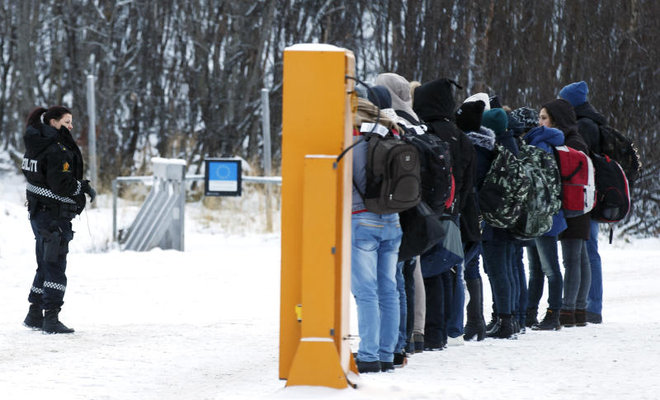
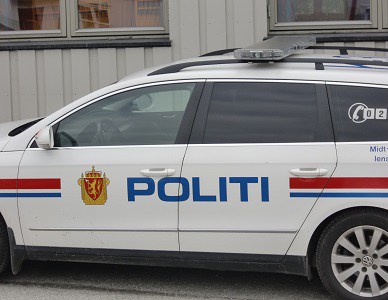
 The police suspect one of Trondheim’s most prominent real estate companies of fraud for tens of million, according to the newspaper Adresseavisen.
The police suspect one of Trondheim’s most prominent real estate companies of fraud for tens of million, according to the newspaper Adresseavisen.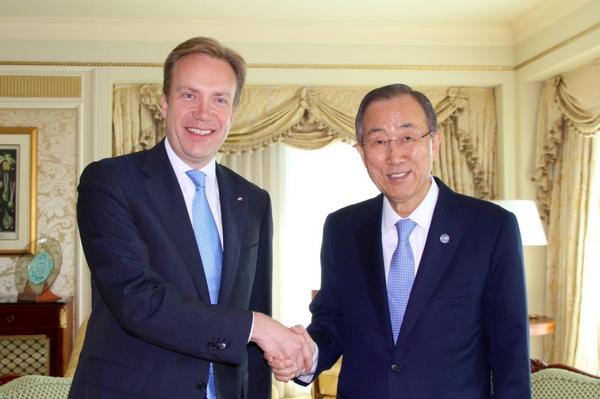
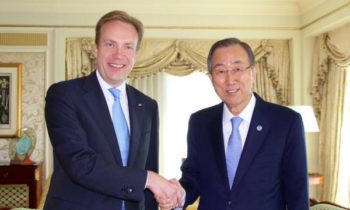 ‘I am very pleased that the parties to the conflict have now reached agreement on the key issue in the negotiations: laying down of arms and a definitive bilateral ceasefire and end of hostilities. After nearly four years of tough negotiations, we are now finally approaching an end to this conflict,’ Minister of Foreign Affairs Børge Brende said.
‘I am very pleased that the parties to the conflict have now reached agreement on the key issue in the negotiations: laying down of arms and a definitive bilateral ceasefire and end of hostilities. After nearly four years of tough negotiations, we are now finally approaching an end to this conflict,’ Minister of Foreign Affairs Børge Brende said.
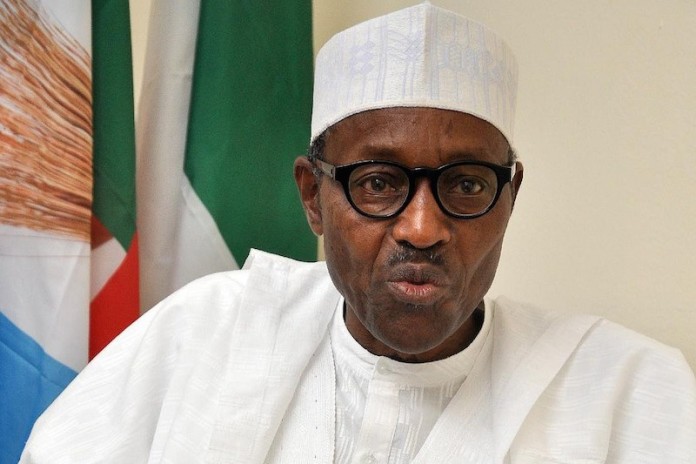
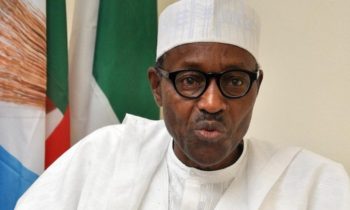 President Muhammadu Buhari yesterday in Abuja said Nigeria and Norway, a major fish exporting country, would work together to deepen their agricultural cooperation, particularly on fish farming and fisheries development.
President Muhammadu Buhari yesterday in Abuja said Nigeria and Norway, a major fish exporting country, would work together to deepen their agricultural cooperation, particularly on fish farming and fisheries development.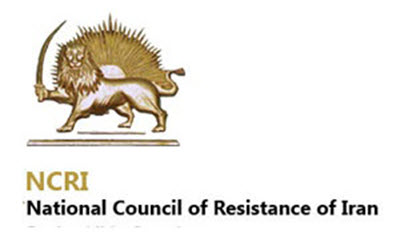
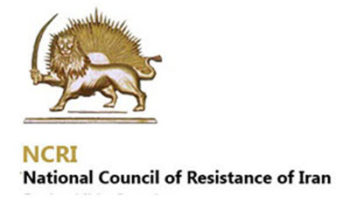 On Wednesday, June 22, coinciding with a visit by the Iranian regime’s Foreign Minister Mohammad Javad Zarif to France and the Netherlands, and simultaneous with the global conference against the death penalty with the participation of more than 90 countries in Oslo, officials of the mullahs’ regime in Iran have sent two prisoners by the names of Farzad Bizhani and Farhad Souri in Sanandaj Prison (western Iran) to solitary confinement in preparation for their executions.
On Wednesday, June 22, coinciding with a visit by the Iranian regime’s Foreign Minister Mohammad Javad Zarif to France and the Netherlands, and simultaneous with the global conference against the death penalty with the participation of more than 90 countries in Oslo, officials of the mullahs’ regime in Iran have sent two prisoners by the names of Farzad Bizhani and Farhad Souri in Sanandaj Prison (western Iran) to solitary confinement in preparation for their executions.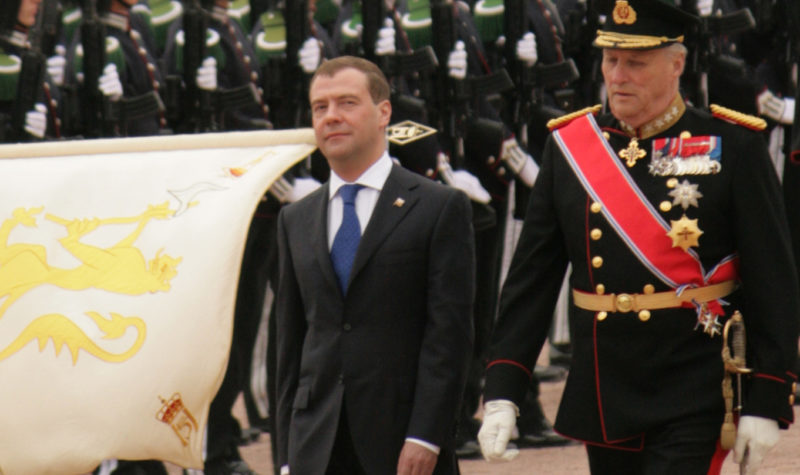
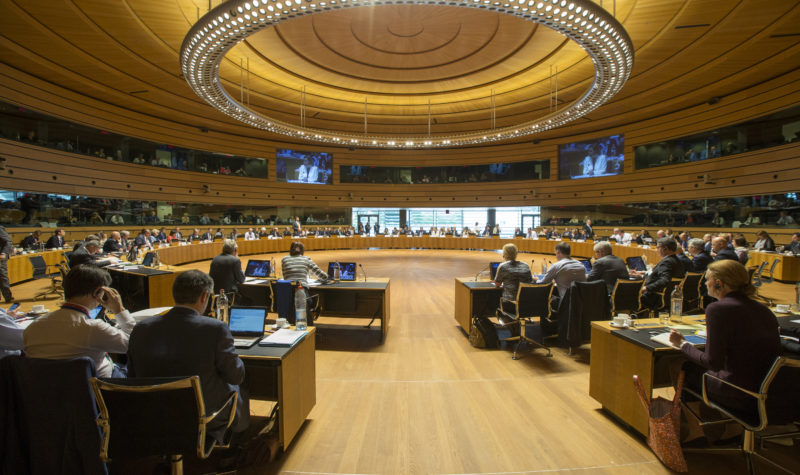
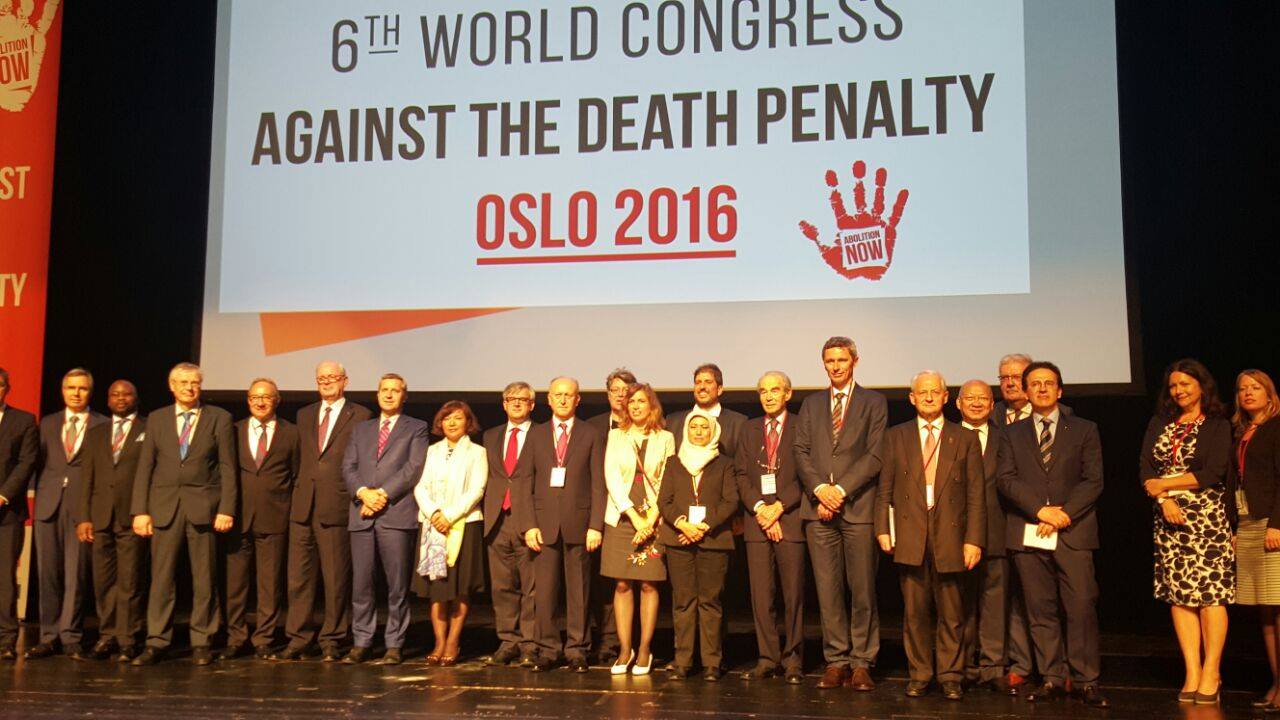
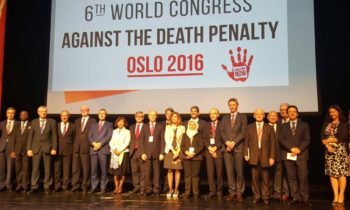 Lebanon Minister of Justice, Ashraf Rifi, currently taking part in the 6th World Congress Against the Death Penalty at the Opera House of Oslo, Norway, delivered a speech in which he stressed that this penalty was not a deterrent to crime.
Lebanon Minister of Justice, Ashraf Rifi, currently taking part in the 6th World Congress Against the Death Penalty at the Opera House of Oslo, Norway, delivered a speech in which he stressed that this penalty was not a deterrent to crime.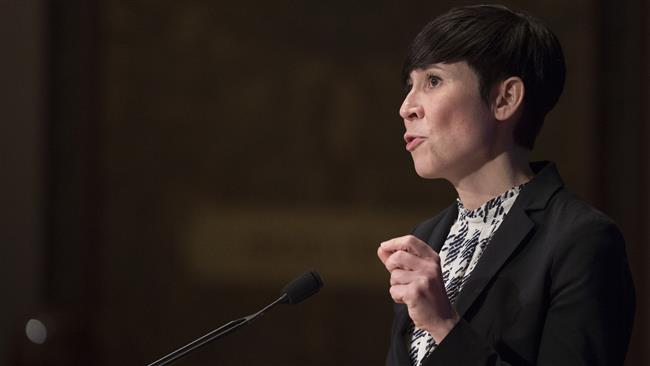
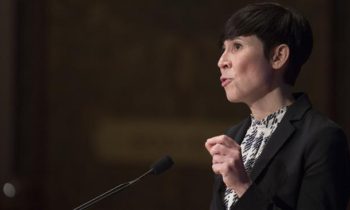 Norway’s parliament has authorized a government request for sending troops to Syria, a new sign that the pacifist Scandinavian country may become involved deeper in the conflict in the Arab country.
Norway’s parliament has authorized a government request for sending troops to Syria, a new sign that the pacifist Scandinavian country may become involved deeper in the conflict in the Arab country.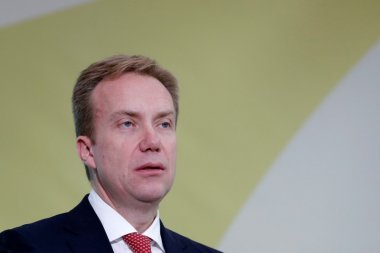
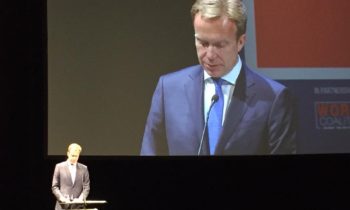 Foreign Minister Brende’s opening speech at Sixth World Congress against the death penalty in Oslo.
Foreign Minister Brende’s opening speech at Sixth World Congress against the death penalty in Oslo.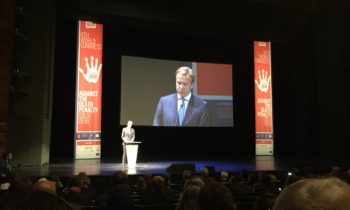 At all times, we must remember that – contrary to what many people think – the death penalty is not exclusive to any particular region, political system, religion, culture or tradition.
At all times, we must remember that – contrary to what many people think – the death penalty is not exclusive to any particular region, political system, religion, culture or tradition.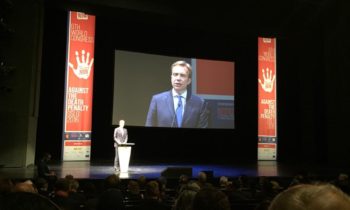 As we have learned time and again, no justice system is perfect. There are numerous cases of innocent people serving time. Death row is no exception.
As we have learned time and again, no justice system is perfect. There are numerous cases of innocent people serving time. Death row is no exception.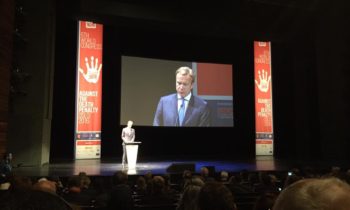 Some 700 priests called for clemency.
Some 700 priests called for clemency.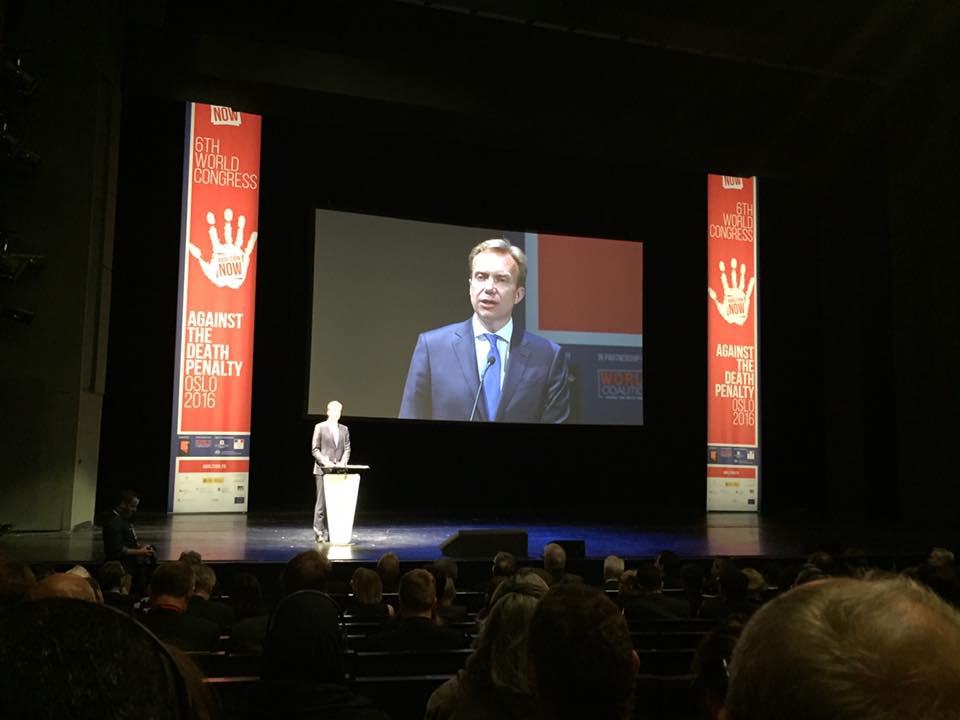
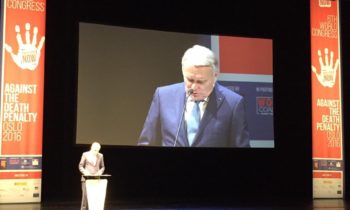 In addition to the constitutional mandate, Power of Mercy Act 2011 assigns the committee support functions including undertaking research and collecting data on matters related to power of mercy.
In addition to the constitutional mandate, Power of Mercy Act 2011 assigns the committee support functions including undertaking research and collecting data on matters related to power of mercy.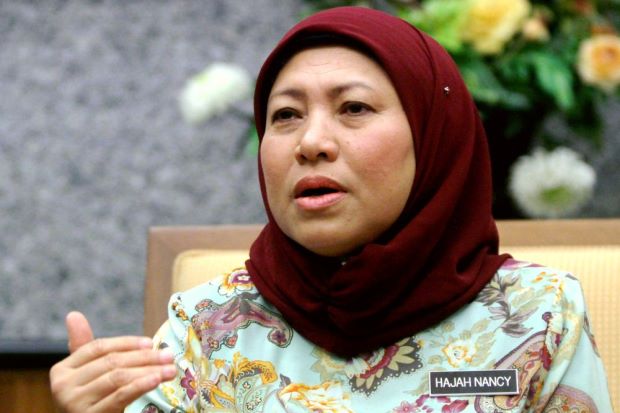
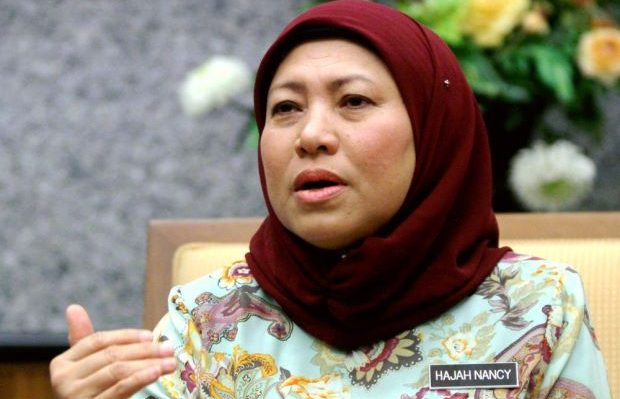
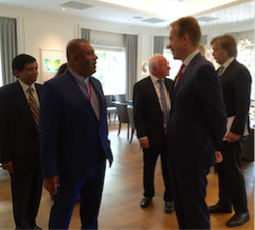
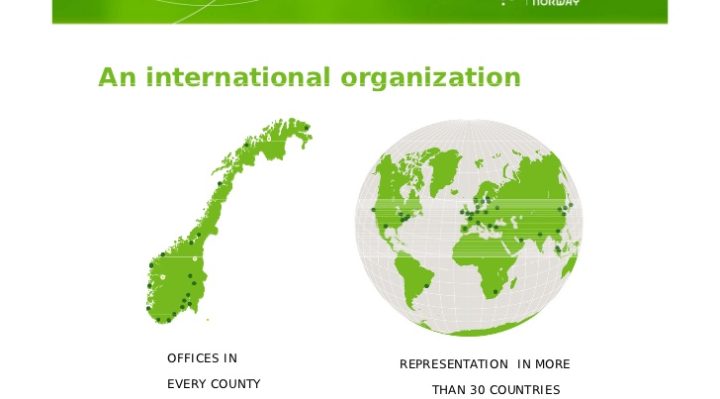
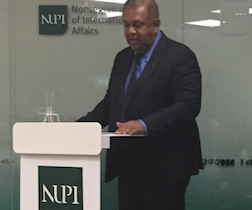 Mangala Samaraweera, Minister of Foreign Affairs of Sri Lanka in Norway to attend the 6th World Congress against the Death Penalty.
Mangala Samaraweera, Minister of Foreign Affairs of Sri Lanka in Norway to attend the 6th World Congress against the Death Penalty.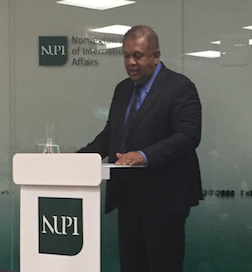 Thank you, thank you, Ladies and gentlemen and friends. It is indeed a great honor to be here today at the Norwegian Institute for International affairs.
Thank you, thank you, Ladies and gentlemen and friends. It is indeed a great honor to be here today at the Norwegian Institute for International affairs.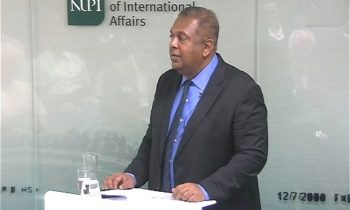 In fact, this victory in January was repeated again in August where extremist political parties on all sides of the divide were again decisively defeated and for the first time in Sri Lanka’s history, the two principle political parties which have governed Sri Lanka since independence chose to be on the same side leaving aside the bitterness of the past. And also for the first time, the leader of the TNA, the party which represents the Tamil community in Sri Lanka was chosen as the leader of the opposition and thus I feel a new window of opportunity was opened for Sri Lanka after many years to rectify the mistakes of the past and go forward towards a new future.
In fact, this victory in January was repeated again in August where extremist political parties on all sides of the divide were again decisively defeated and for the first time in Sri Lanka’s history, the two principle political parties which have governed Sri Lanka since independence chose to be on the same side leaving aside the bitterness of the past. And also for the first time, the leader of the TNA, the party which represents the Tamil community in Sri Lanka was chosen as the leader of the opposition and thus I feel a new window of opportunity was opened for Sri Lanka after many years to rectify the mistakes of the past and go forward towards a new future.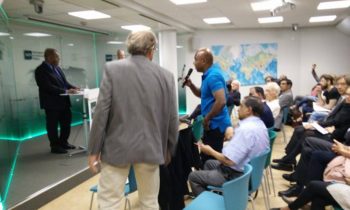 From here I go to Geneva next week where I will be making a statement on what we are doing now and also the fact that the Government is united in its determination to come to terms with what happened earlier. Again certain newspapers and social media like to say that the President has one view, the Prime Minister has another, the Foreign Minister yet another but it is not so. We are working unitedly. In fact, those of you who heard President Sirisena addressing the nation on the 4th of February during the independence day of Sri Lanka this year, he said “ It is now time for us to seize the current opportunity that is before us to implement the provisions of the Geneva resolution, not because of International pressure, but because as a nation, we must implement these provisions for the sake of restoring the dignity of our nation, our people and our military, in order for Sri Lanka to regain her due position as a strong democracy among the community of nations.” So we are moving ahead as I said with confidence and meeting the challenges head on.
From here I go to Geneva next week where I will be making a statement on what we are doing now and also the fact that the Government is united in its determination to come to terms with what happened earlier. Again certain newspapers and social media like to say that the President has one view, the Prime Minister has another, the Foreign Minister yet another but it is not so. We are working unitedly. In fact, those of you who heard President Sirisena addressing the nation on the 4th of February during the independence day of Sri Lanka this year, he said “ It is now time for us to seize the current opportunity that is before us to implement the provisions of the Geneva resolution, not because of International pressure, but because as a nation, we must implement these provisions for the sake of restoring the dignity of our nation, our people and our military, in order for Sri Lanka to regain her due position as a strong democracy among the community of nations.” So we are moving ahead as I said with confidence and meeting the challenges head on.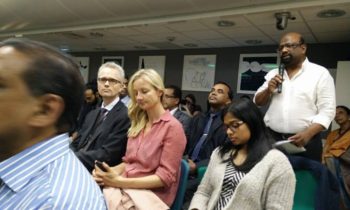 We have been getting a lot of support from the West since the new government came into power. There’s a tsunami of goodwill I’d like say but that good will must now transform itself into practical day to day realities and the best way you can help as I said is by choosing Sri Lanka as your destination of choice for investment for trade.
We have been getting a lot of support from the West since the new government came into power. There’s a tsunami of goodwill I’d like say but that good will must now transform itself into practical day to day realities and the best way you can help as I said is by choosing Sri Lanka as your destination of choice for investment for trade.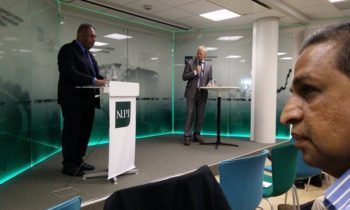 If you want to know what kind of diplomacy Sri Lanka is following, I would like to go back to something Jawaharlal Nehru said in 1947. He said “Whatever policy you may lay down, the art of conducting foreign affairs of a country lies finding out what is most advantageous to the country.” So I think today it may sound very selfish but we aren’t ideologically driven but self interest is I would say is the driving force in our foreign policy. Because we want to ensure that the people of Sri Lanka, even at this late stage, get the future that they truly deserve.
If you want to know what kind of diplomacy Sri Lanka is following, I would like to go back to something Jawaharlal Nehru said in 1947. He said “Whatever policy you may lay down, the art of conducting foreign affairs of a country lies finding out what is most advantageous to the country.” So I think today it may sound very selfish but we aren’t ideologically driven but self interest is I would say is the driving force in our foreign policy. Because we want to ensure that the people of Sri Lanka, even at this late stage, get the future that they truly deserve.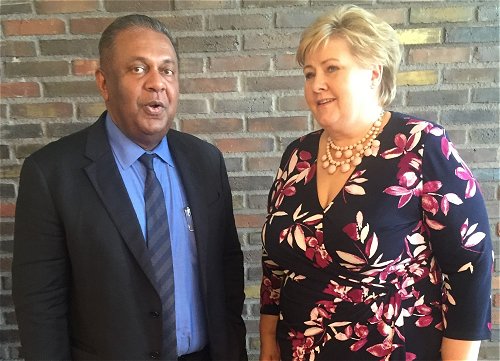
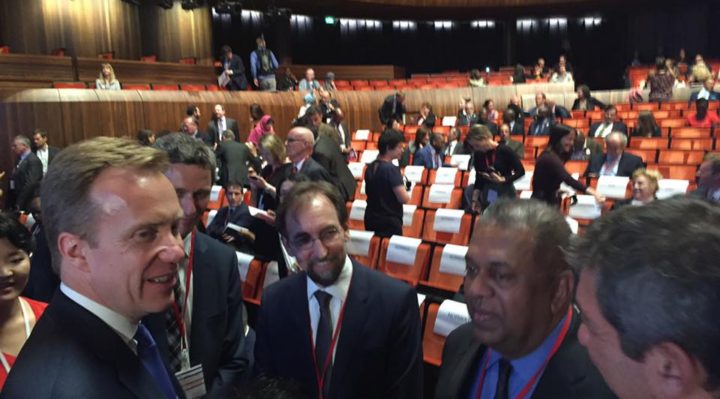
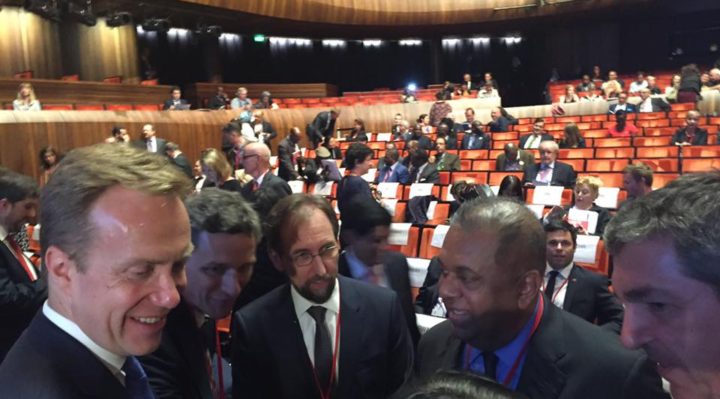
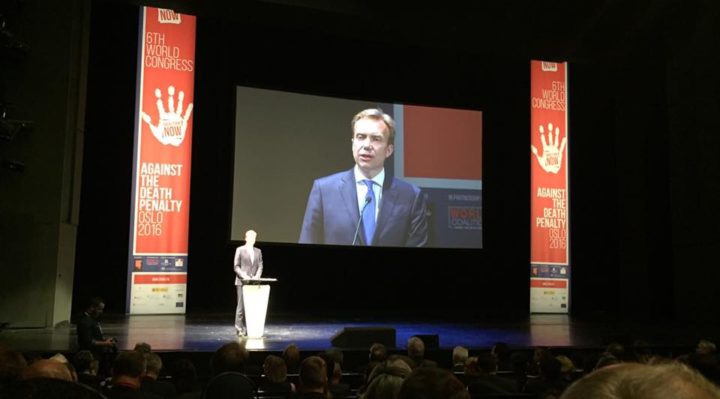

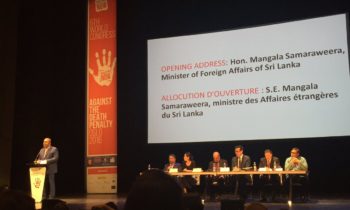 In 1956, a few years after Independence, my father, then the Parliamentary Secretary for Justice, proposed a bill ending capital punishment which was supported by S.W.R.D. Bandaranaike, the Prime Minister and founder of the Sri Lanka Freedom Party – our island’s other main political party. The bill passed but tragically the death penalty was resumed a few years later as result of Mr. Bandaranaike’s assassination until a de facto moratorium was instituted in 1976.
In 1956, a few years after Independence, my father, then the Parliamentary Secretary for Justice, proposed a bill ending capital punishment which was supported by S.W.R.D. Bandaranaike, the Prime Minister and founder of the Sri Lanka Freedom Party – our island’s other main political party. The bill passed but tragically the death penalty was resumed a few years later as result of Mr. Bandaranaike’s assassination until a de facto moratorium was instituted in 1976.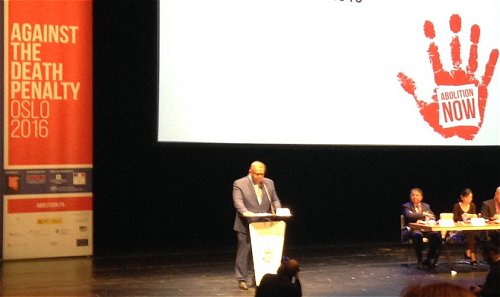
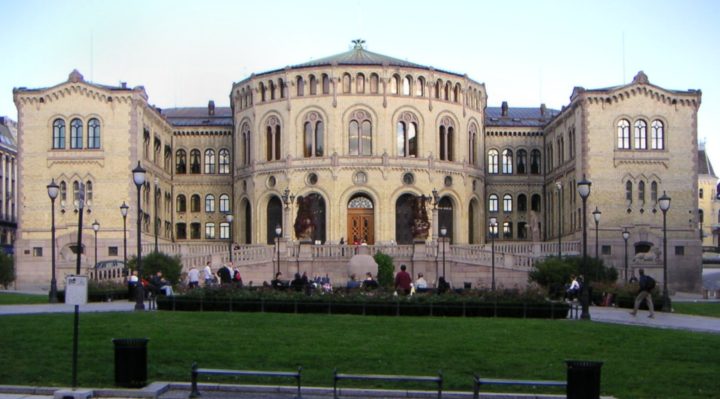
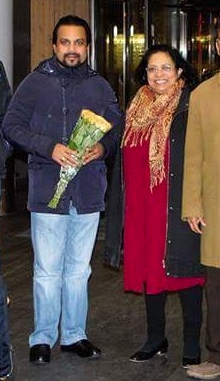
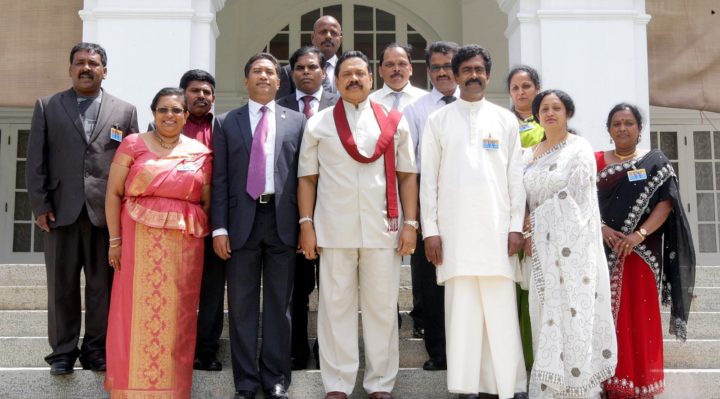
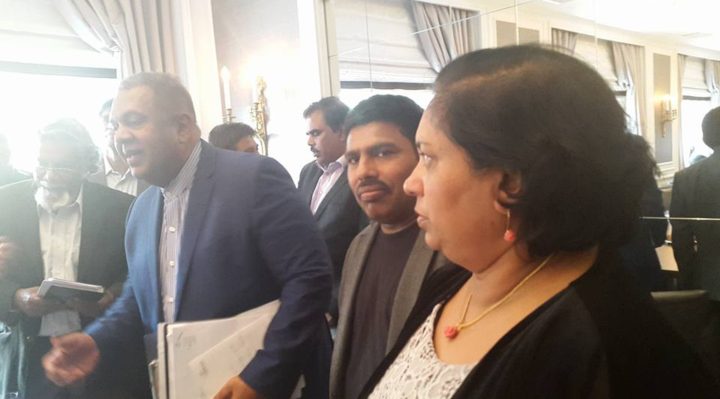
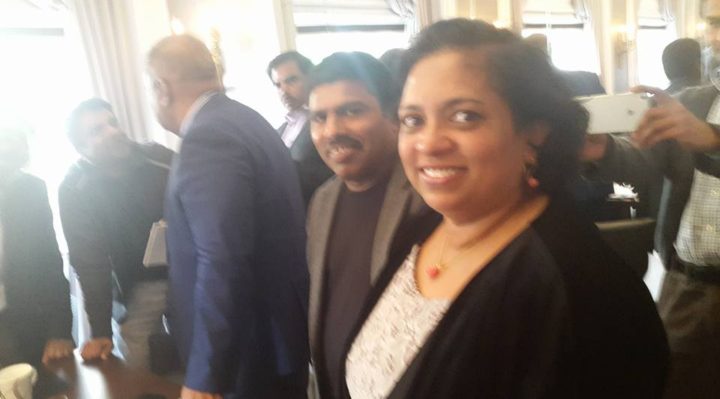
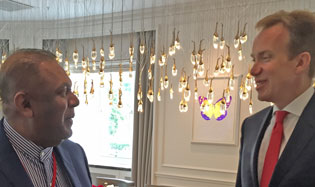

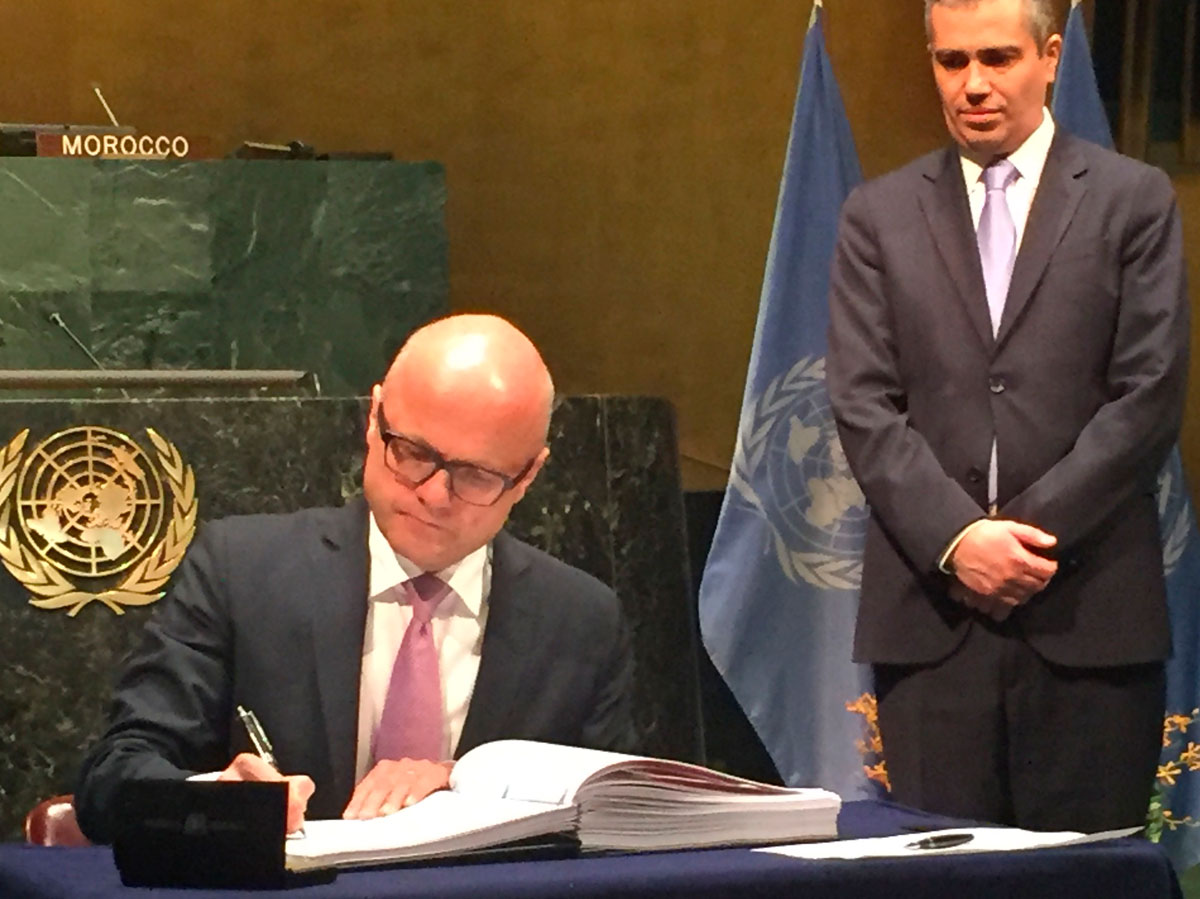
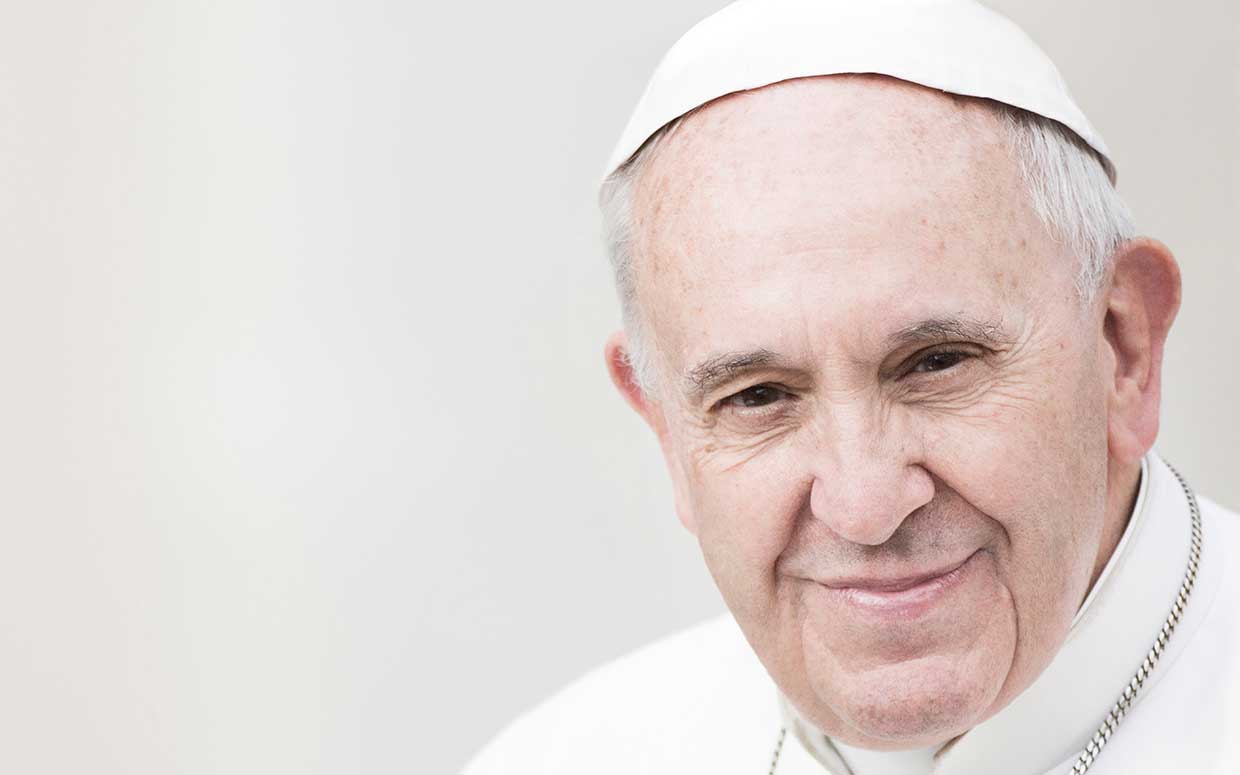
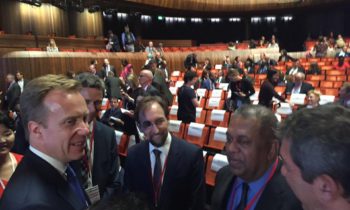 In a message to a world conference against the death penalty in Oslo, Norway, Pope Francis says capital punishment “contradicts God’s plan for individuals and society, and his merciful justice” and says that growing opposition to the practice is a “sign of hope.”
In a message to a world conference against the death penalty in Oslo, Norway, Pope Francis says capital punishment “contradicts God’s plan for individuals and society, and his merciful justice” and says that growing opposition to the practice is a “sign of hope.”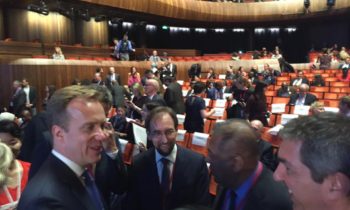 “Indeed, nowadays the death penalty is unacceptable, however grave the crime of the convicted person,” Francis said on the message released on Tuesday.
“Indeed, nowadays the death penalty is unacceptable, however grave the crime of the convicted person,” Francis said on the message released on Tuesday.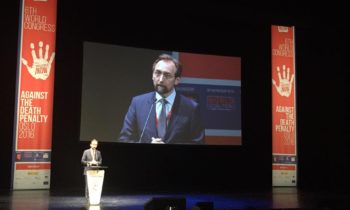 “It does not render justice to victims, but instead fosters vengeance,” Francis said in Spanish.
“It does not render justice to victims, but instead fosters vengeance,” Francis said in Spanish.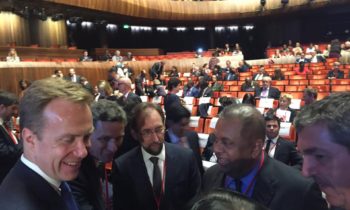 As he has done several times before, the Argentine pontiff also called for an improvement of prison conditions so that they respect the dignity of does incarcerated. Rendering justice, he said, “does not mean seeking punishment for its own sake, but ensuring that the basic purpose of all punishment is the rehabilitation of the offender.”
As he has done several times before, the Argentine pontiff also called for an improvement of prison conditions so that they respect the dignity of does incarcerated. Rendering justice, he said, “does not mean seeking punishment for its own sake, but ensuring that the basic purpose of all punishment is the rehabilitation of the offender.”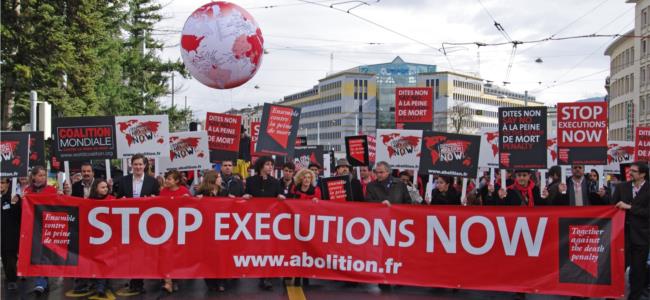
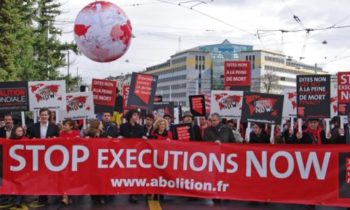 A Kenyan delegation is in Oslo, Norway to attend the 6th World Congress against the Death Penalty.
A Kenyan delegation is in Oslo, Norway to attend the 6th World Congress against the Death Penalty.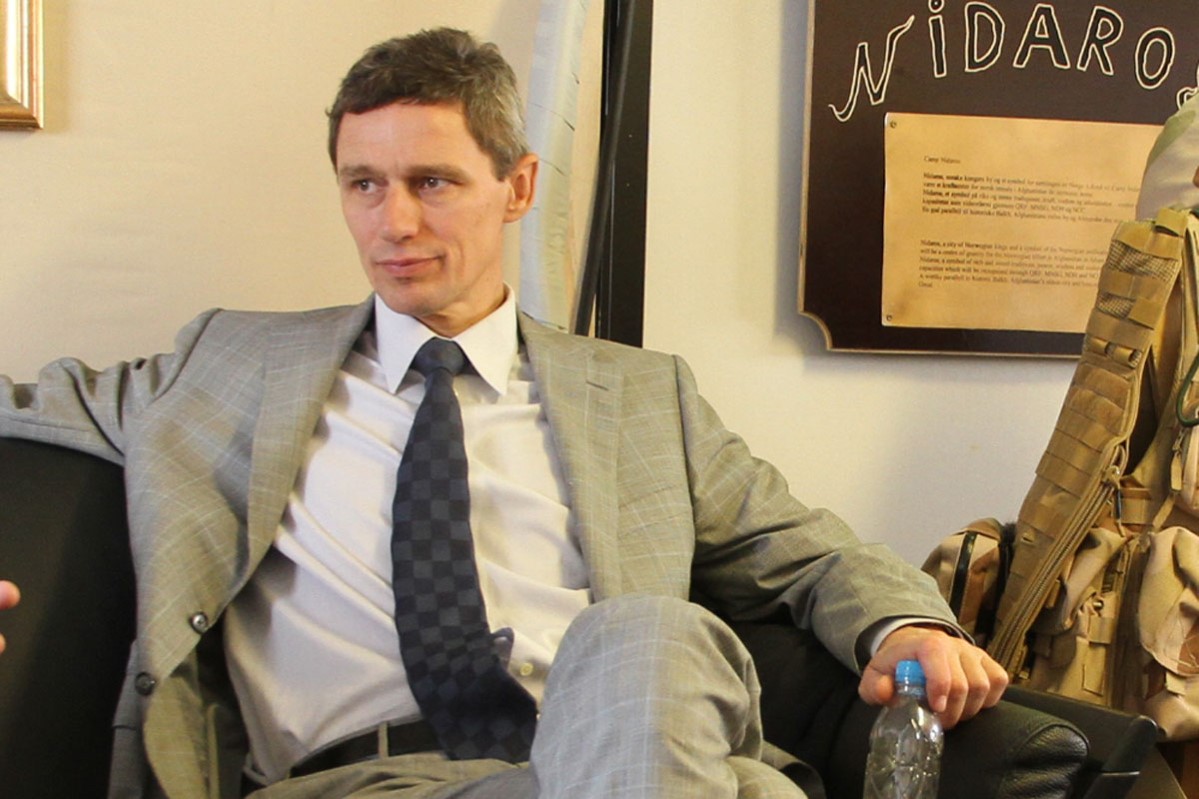
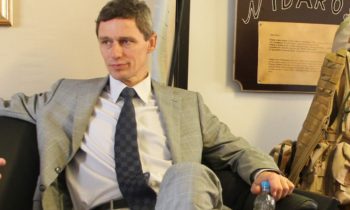 State Secretary Tore Hattrem’s speech at the 200th anniversary of the Office of the Auditor General of Norway.
State Secretary Tore Hattrem’s speech at the 200th anniversary of the Office of the Auditor General of Norway.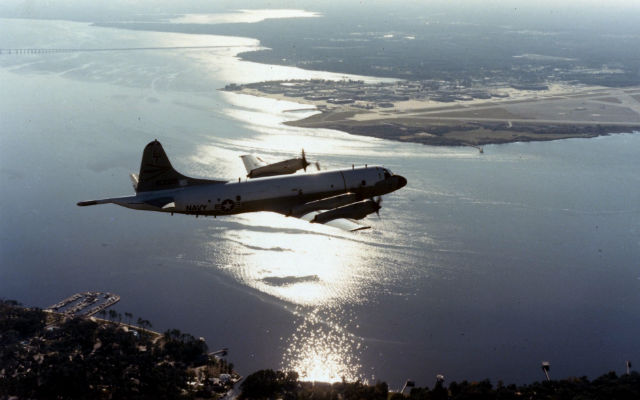
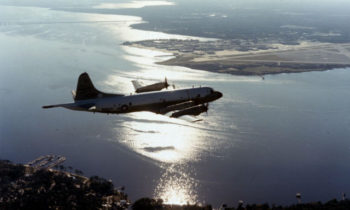 Norway has revealed a proposed defence spending plan that allows for the acquisition of a new maritime patrol aircraft (MPA) to replace its six-strong fleet of Lockheed P-3 Orions.
Norway has revealed a proposed defence spending plan that allows for the acquisition of a new maritime patrol aircraft (MPA) to replace its six-strong fleet of Lockheed P-3 Orions.
 The United States and Norway this week announced (1) they would offset the greenhouse gas emissions from their aviation industry by buying voluntary emission reduction credits from reduced emissions from deforestation and forest degradation in tropical forests. The plan would violate the Rio Declaration in two ways.
The United States and Norway this week announced (1) they would offset the greenhouse gas emissions from their aviation industry by buying voluntary emission reduction credits from reduced emissions from deforestation and forest degradation in tropical forests. The plan would violate the Rio Declaration in two ways.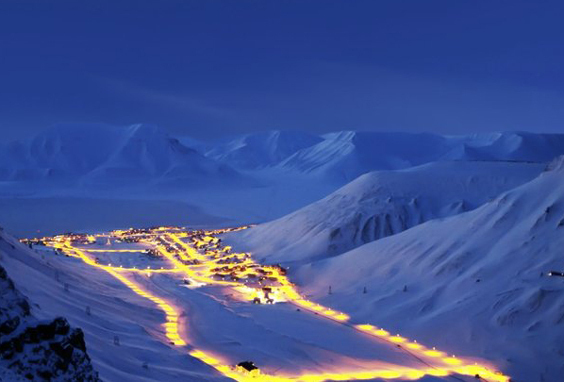
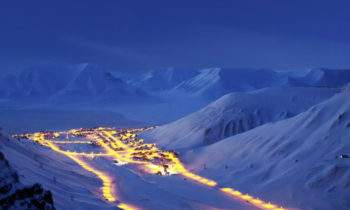 The UK energy regulator has granted a licence to a Norwegian consortium that plans to build a 345-mile power cable to bring renewable hydro power into Britain.
The UK energy regulator has granted a licence to a Norwegian consortium that plans to build a 345-mile power cable to bring renewable hydro power into Britain.

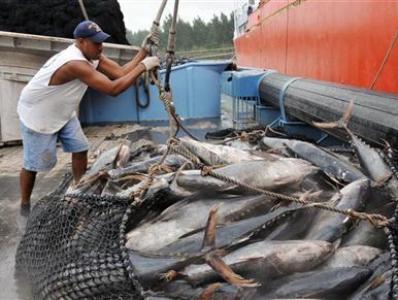
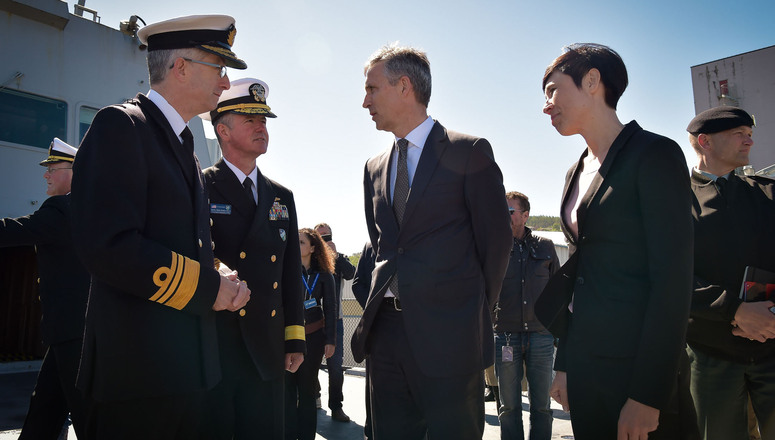
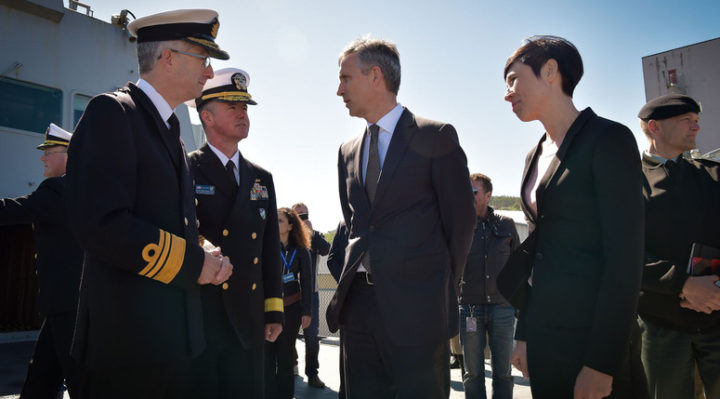
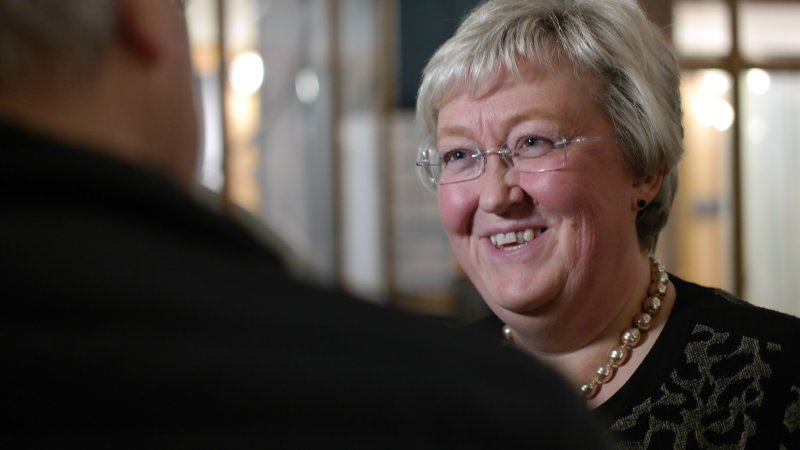
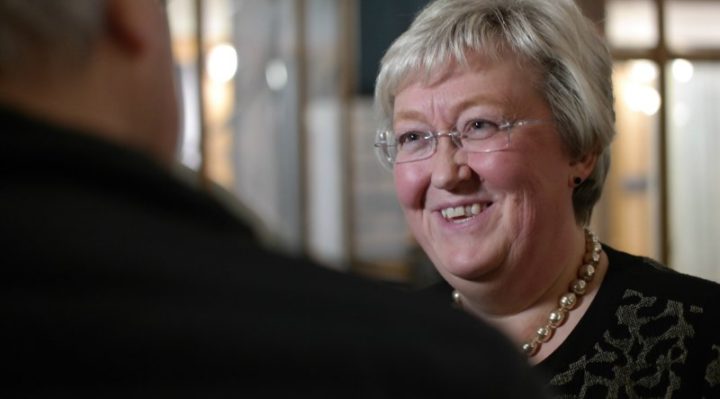 Although Norway is not an EU member, it has agreed on a voluntary contribution of €2.8 billion to promote economic and social cohesion in poorer Eastern European countries. “It’s a win-win situation,” explains Elisabeth Aspaker who adds: “It’s not a rule that we should get something back.”
Although Norway is not an EU member, it has agreed on a voluntary contribution of €2.8 billion to promote economic and social cohesion in poorer Eastern European countries. “It’s a win-win situation,” explains Elisabeth Aspaker who adds: “It’s not a rule that we should get something back.”